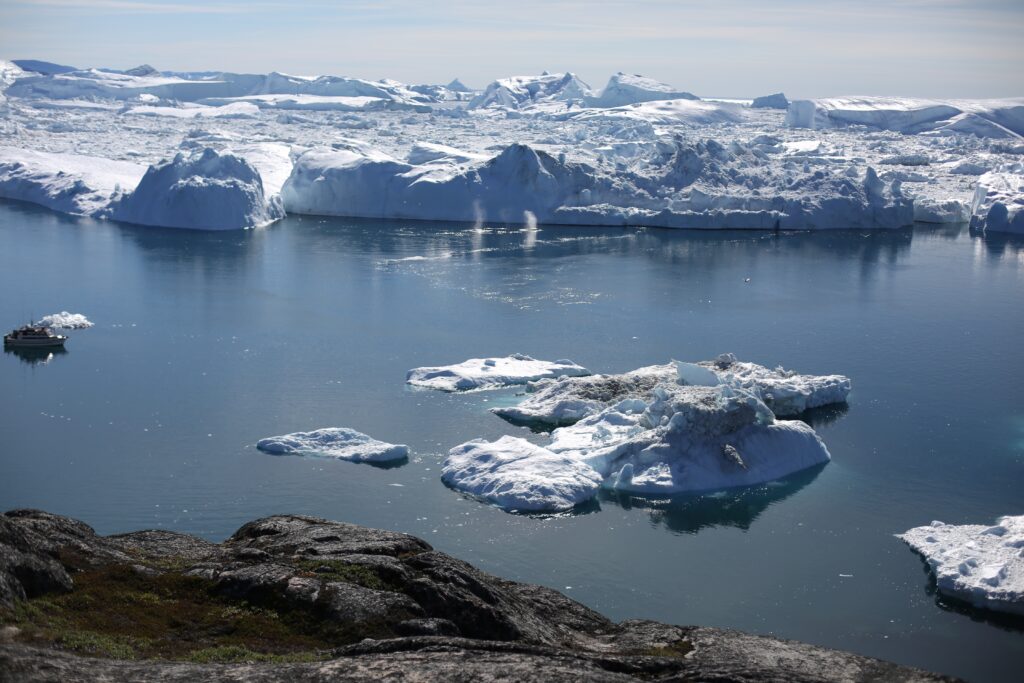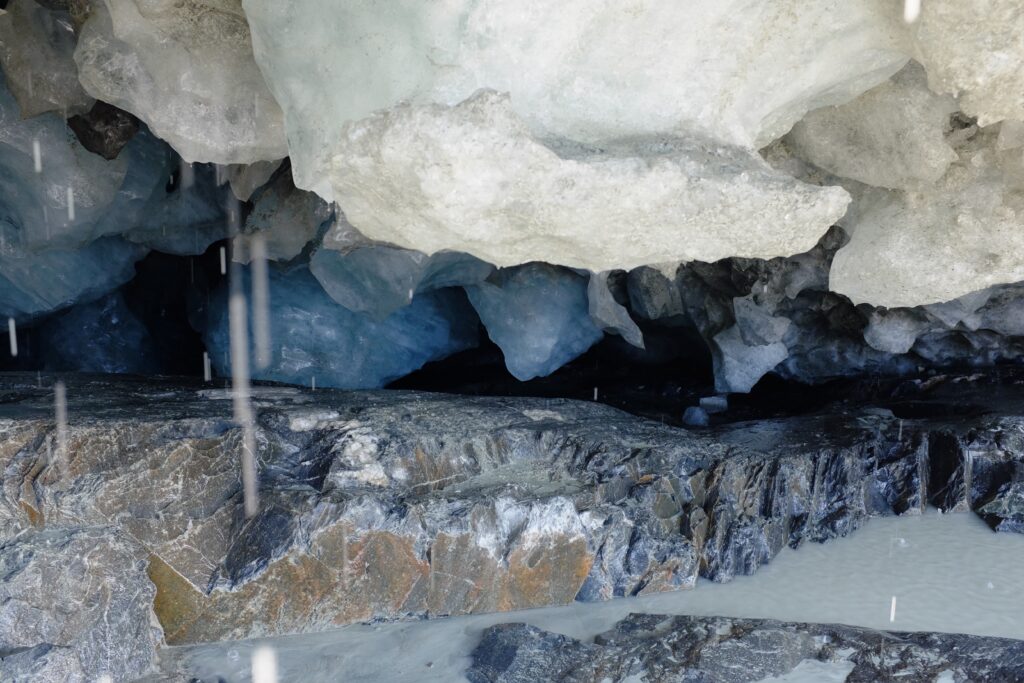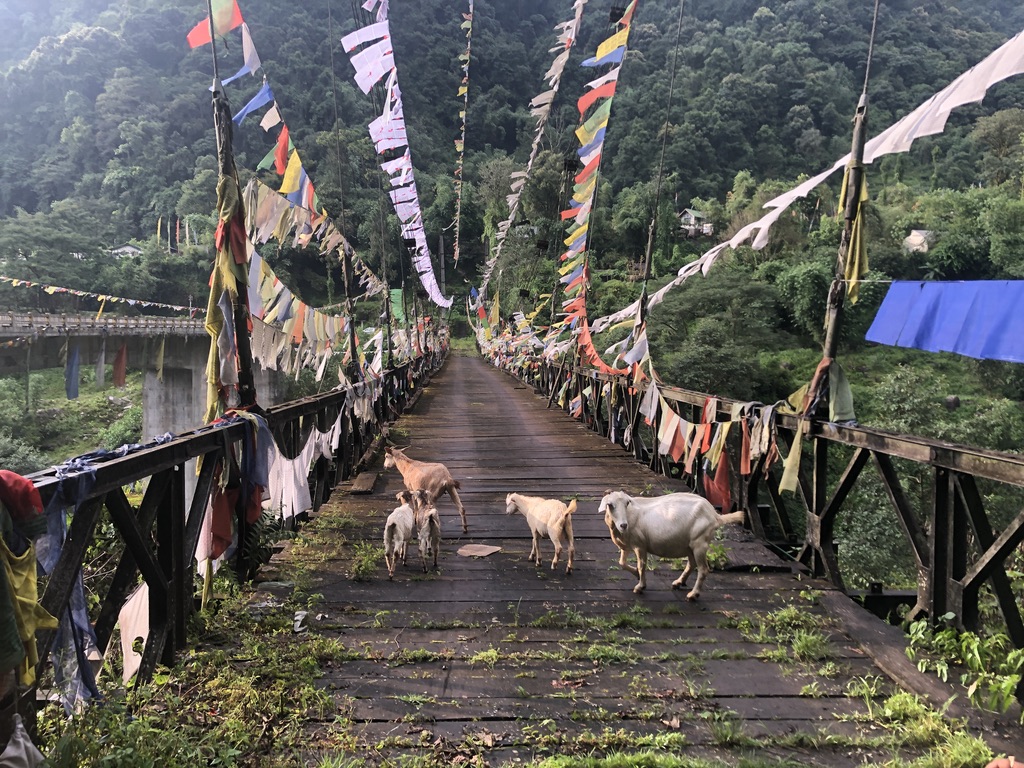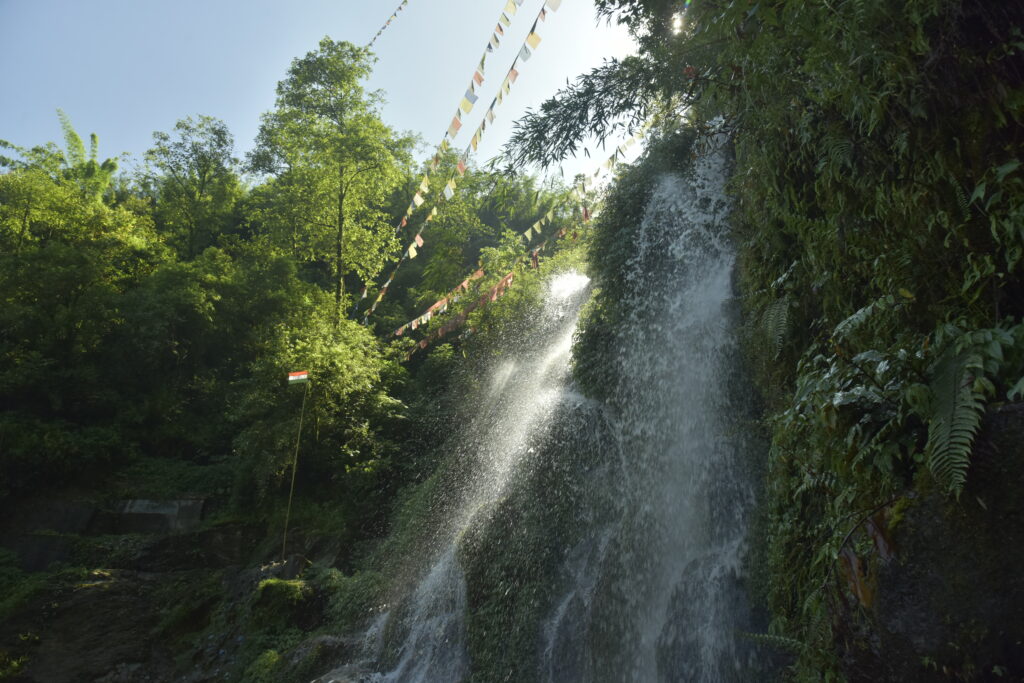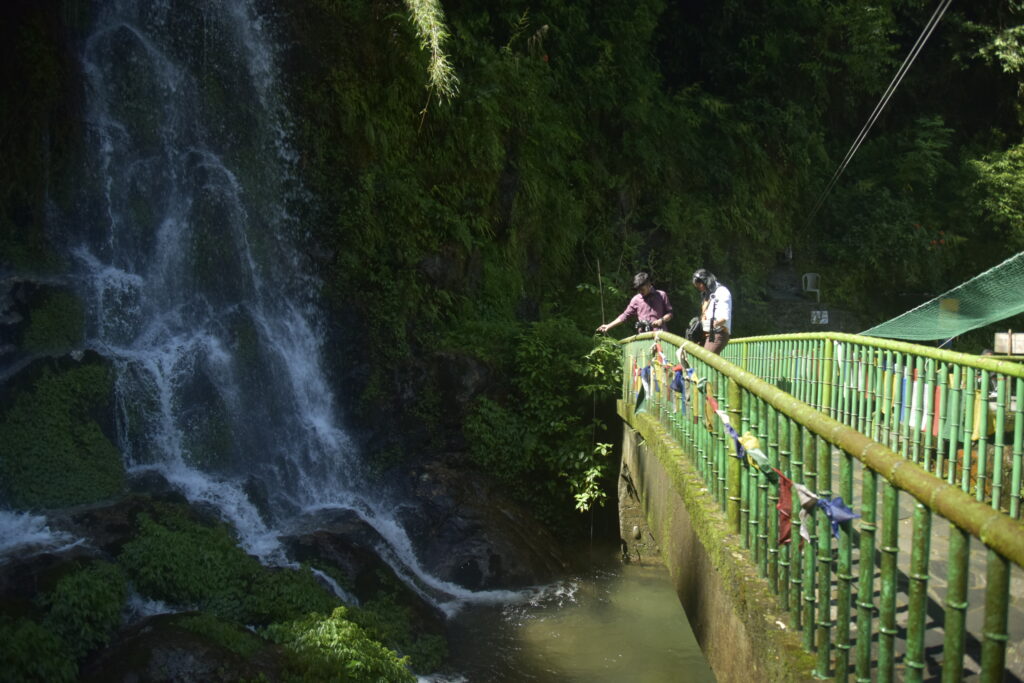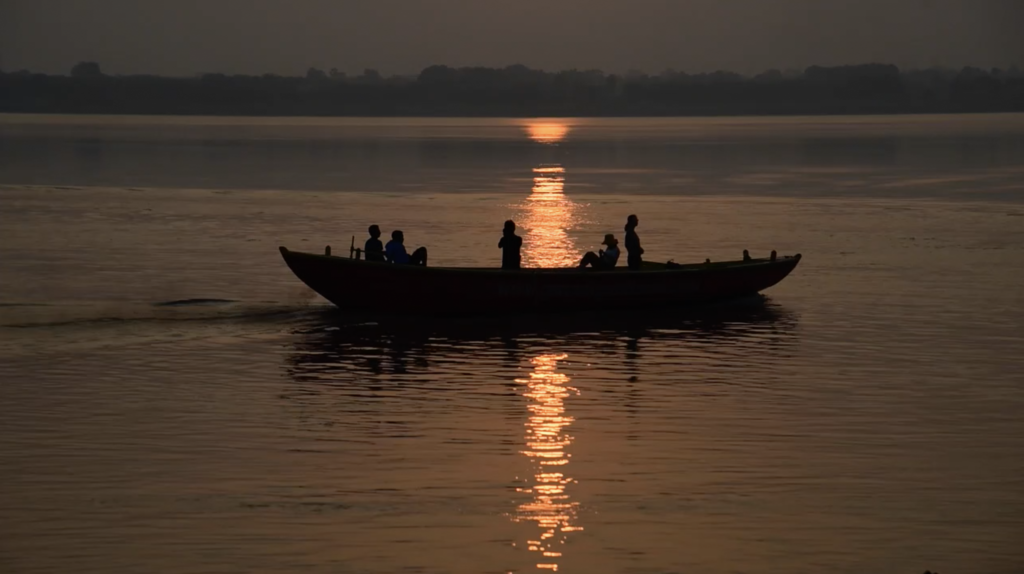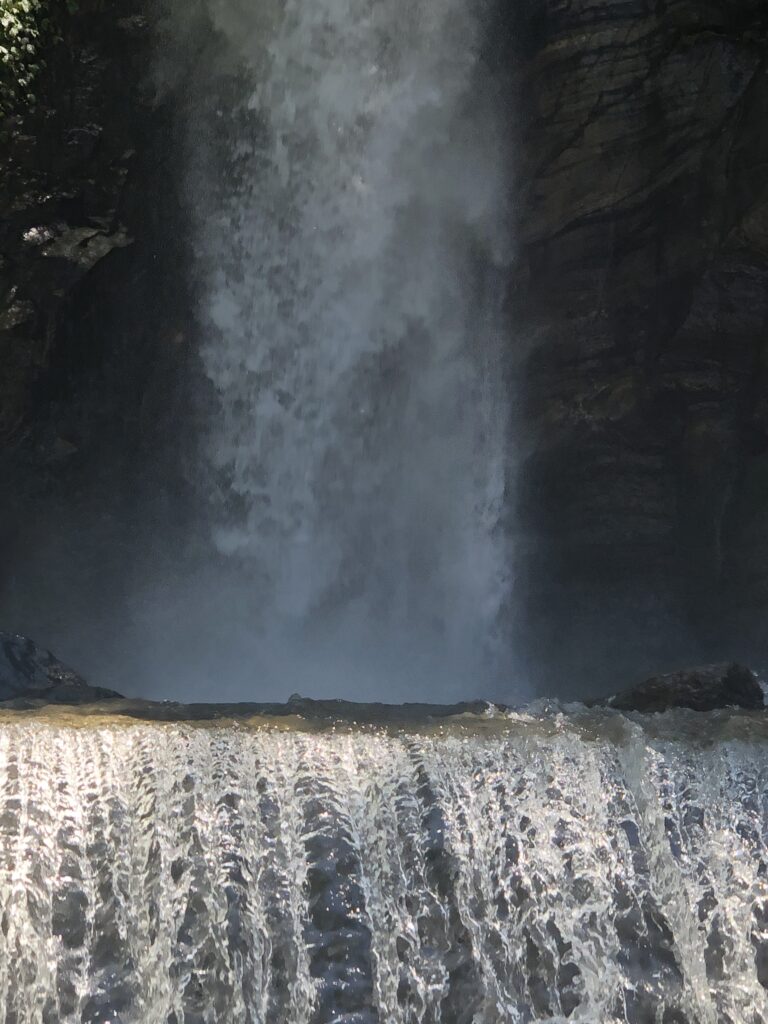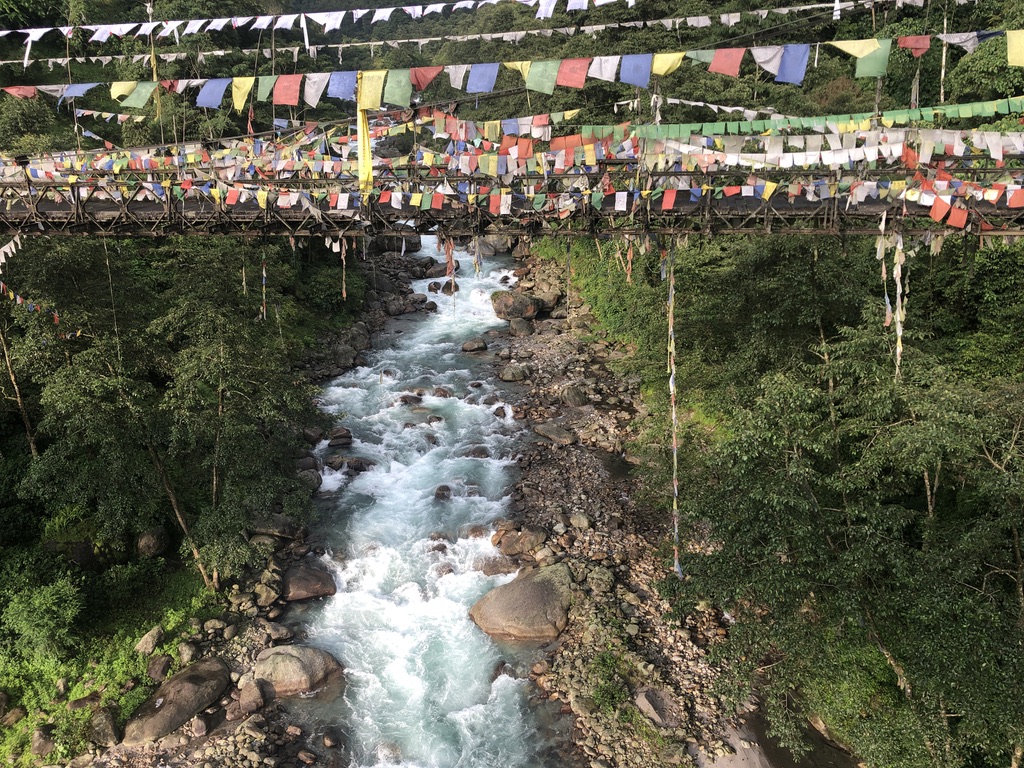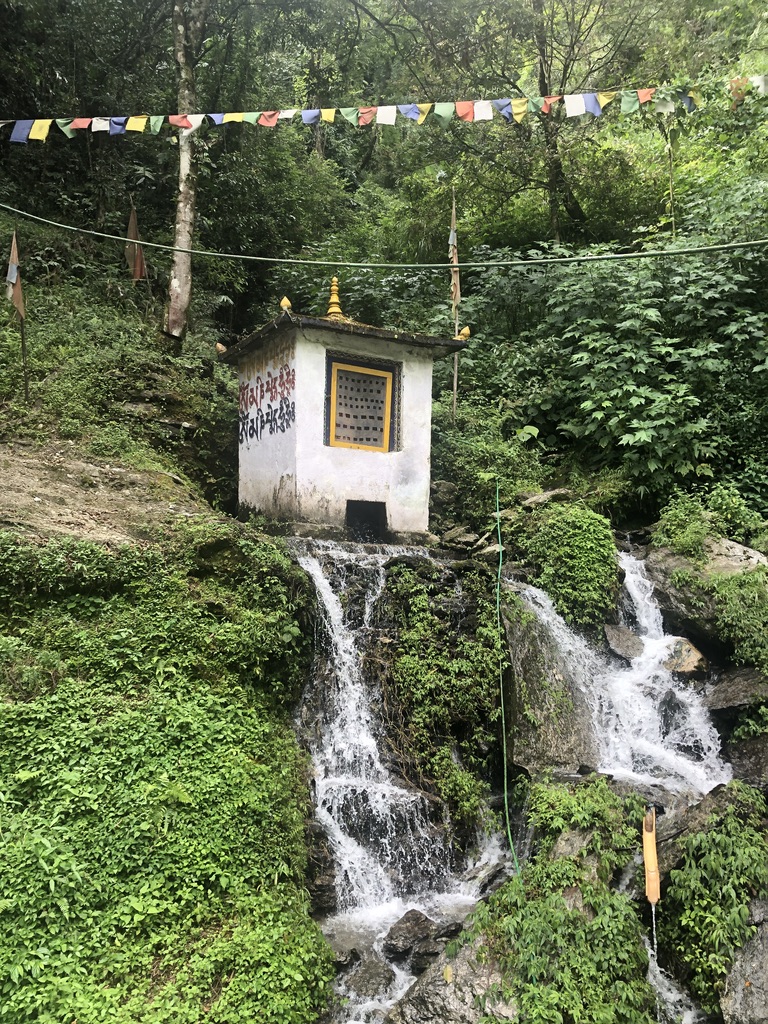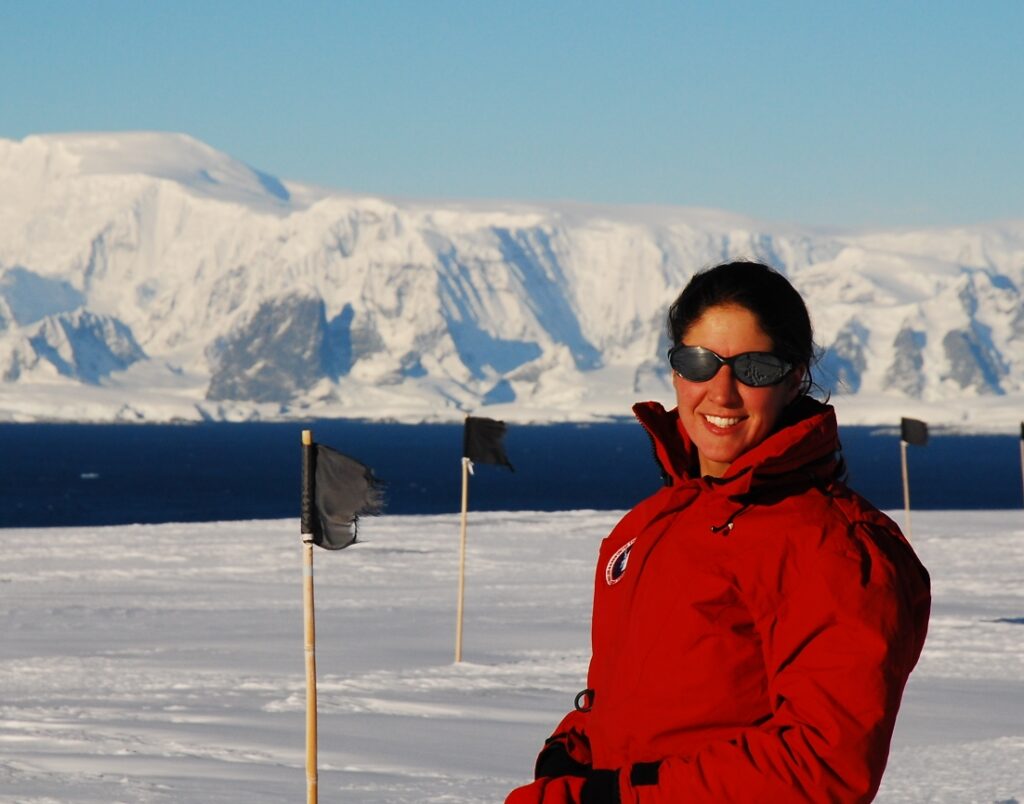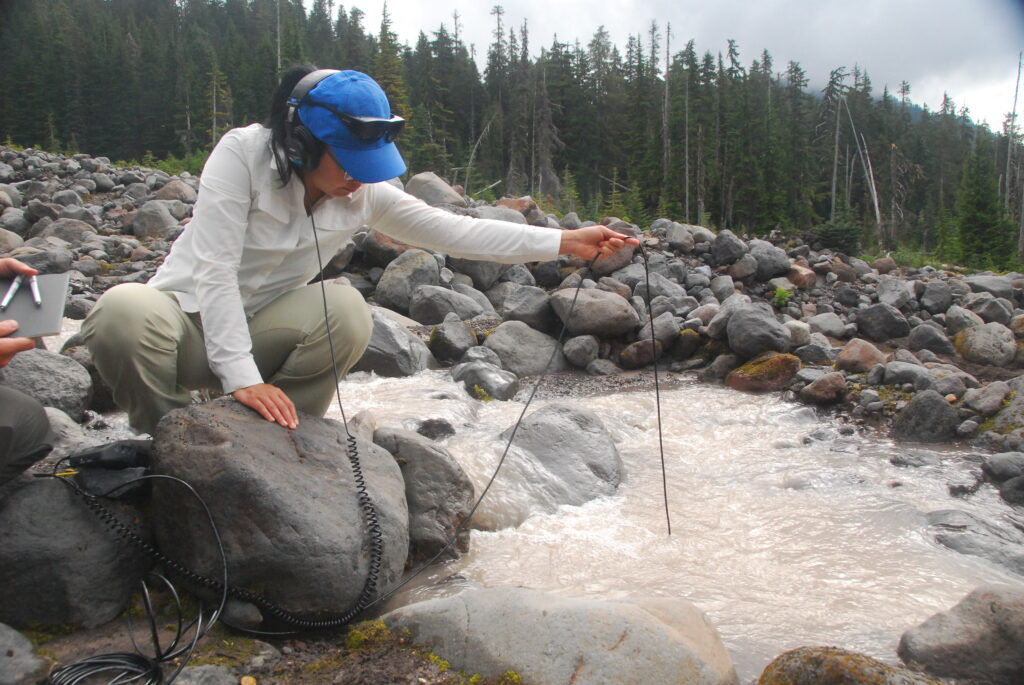Water Rhythms – Listening To Climate Change
Michele Koppes
Susie Ibarra
This project is an ongoing exploration of the sounds of ice and water as they change through climate change. Susie Ibarra, who performed at Counterflows 2018 and Dr Michele Koppes have created a podcast for Counterflows At Home which examines their findings so far with the amazing sounds of water and melting ice as it travels through communities and landscapes in different parts of the world.
The podcast will be live on Monday the 12th April, and on Friday 16th April Susie and Michele will take part in a live discussion with Claire Sawers.

Water Rhythms: Listening To Climate Change
Susie Ibarra and Michele Koppes present a podcast of soundscapes and stories in Water Rhythms: Listening to Climate Change. Water Rhythms is the story of climate change as told by the ice and water. It is the acoustic story of our entanglements with a changing climate and changing landscapes of our own making. Through Water Rhythms, we invite listeners into more embodied ways of understanding how we are inextricably connected to the Earth’s freshwater, by bringing sound, music and science together, in dialogue.
Field Recordings



Susie Ibarra (composer, percussionist, sound artist) and Michele Koppes (climate scientist, geographer, storyteller) present a podcast of soundscapes and stories in Water Rhythms: Listening to Climate Change.
Water Rhythms is the story of climate change as told by the ice and water. It is a story about the dualism of water, the universal lifeblood of both nature and humans. It is also the acoustic story of our entanglements with a changing climate and changing landscapes of our own making. Through Water Rhythms, we hope to invite listeners into more embodied ways of understanding how we are inextricably connected to the Earth’s freshwater, by bringing art, music and science together, in dialogue.
Glaciers and ice sheets are the world’s water towers; only 2.5% of water on Earth is freshwater, and of this, 99% comes from the ice. As glaciers worldwide shrink and disappear in response to climate change, water availability and water quality are being threatened for the billions of humans and our more-than-human kin who live downstream. As the ice disappears, these water rhythms are also shifting and fading from view.
We have been sonically mapping changes in glaciers and their runoff from the source to the sink, from the mountain tops to the ocean, in some of the world’s most important water towers, including the Coast Mountains of the Pacific Northwest, the Greenland Ice Sheet, and the Indian Himalaya. Through field recordings taken from both above and below the ice and water, and including the sounds and music of the peoples who live along their shores, we are capturing the sounds of climate change on our lifeblood, freshwater, and listening to the stories the water is telling us about a world of increasing ecological precarity.
Our connection to freshwater is deeply intimate; the same rhythms of glacial meltwater that flow from the mountains to the sea flow through our bodies, our histories and our music. In recording the sounds of glacier melt, we discovered that these soundscapes were not just ambient, but also very musical. They have precise rhythms, a precise tempo. These tempos match the sweet spot at which pieces of music from all over the world are created and played. They also match our heartbeats at birth. Hence, a world losing its flowing freshwater is not only a world of increasing ecological precarity, but a world losing its music, its culture and its humanity.
“Through the immersive experience of ‘bathing’ in these disappearing water rhythms while gazing upon the landscapes from which they emerge, Water Rhythms hopes to invite the audience into a deeper contemplation of the ways in which we are all intertwined by freshwater, its beauty and its fragility.”
— Susie Ibarra and Michele Koppes

